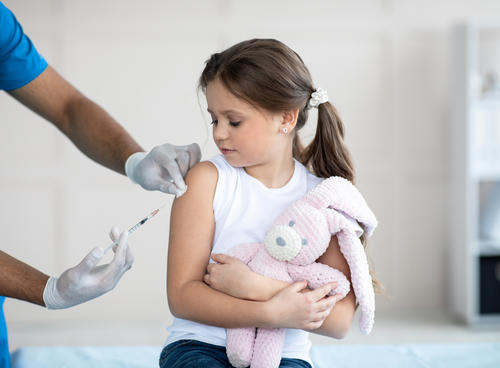Before it rains, you should take these precautions to prevent respiratory infections.
Other news: Dengue epidemic!Health department confirms death toll from the disease
he Department of Public Health and Social Assistance Advice was issued to prevent respiratory infections, as these tend to increase during the rainy season.
- Do not spit on the floor or other exposed surfaces.
- Keep the environment well ventilated.
- Avoid touching your nose, mouth or rubbing your eyes with dirty hands.
- Disinfect items contaminated with alcohol.
- Separate healthy people from sick people to avoid contagion.
- Do not expose yourself to sudden changes in temperature.
- In the case of children under the age of 5 and the elderly over the age of 60, please take them to the nearest health service for examination.

Precautions for MSPAS sharing. (Photo: Pexels)
What is a respiratory infection?
Acute respiratory infections are a group of diseases that occur in the respiratory system and can be caused by: microorganism Like viruses and bacteria, they are contagious and spread quickly.
ARI is considered the leading cause of infectious disease morbidity and mortality worldwide. According to the World Health Organization, approximately four million people die from these diseases every year.
How are they spread?
The illnesses are spread through droplets of saliva produced by coughing or sneezing, suggesting that the infection is spreading from a sick person to a healthy person, although it is also possible that someone could become sick from touching a contaminated surface and then touching their nose. and mouth.

Anyone can get an acute respiratory infection and develop complications. (Photo: Pfizer)
Among these infections, the most common are the following.
- influenzaInfluenza, caused by influenza viruses, can complicate pneumonia, ear infections, sinusitis, and exacerbate chronic diseases.
- syncytial virus (RSV), which can cause pneumonia or bronchitis, middle ear infections, asthma, and may require hospitalization.
- pneumococcusis an infection caused by the bacteria Streptococcus pneumoniae, which can cause pneumococcal pneumonia or pneumococcal meningitis. This can lead to hearing loss and developmental delays.
- Coronavirus diseaseSeverely ill patients caused by SARS-CoV-2 may develop inflammation, immune system problems and damage to the kidneys, skin and heart.
- AdenovirusIf severe, it can lead to chronic lung disease and cause intestinal infections.
With this in mind, Pfizer recognizes the need for a comprehensive vaccination program to prevent infections, which has proven to be important in preventing these infectious diseases.

There is currently no vaccine against COVID-19 in Guatemala. (Photo: Pfizer)

